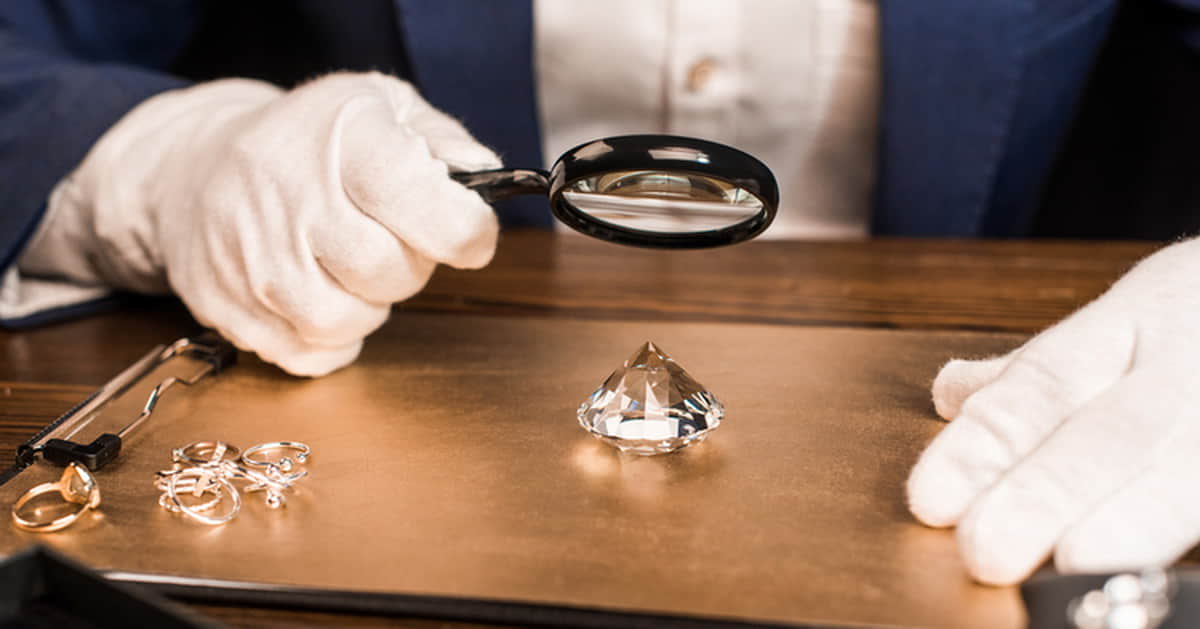Will EU dare to impose sanctions on Russian diamonds?

Brussels plans to introduce the 12th sanctions package against Russia soon. The new measures will concern various aspects related to restricting the Russian energy and technological sectors. However, the most significant issue for both the EU and Belgium, in particular, is the ban on Russian diamond imports.
Read more about the "diamond dilemma" of the European Union and the fate of frozen Russian assets in the article by analyst Sofia Kosarevych from the Dnistryankyi Center: Diamonds not forever: will EU ban Russian gemstones?" Import ban of Russian gemstones in the EU was discussed exactly a year ago. In September 2022, five countries - Poland, Ireland, Lithuania, Estonia, and Latvia - proposed this ban as part of the seventh package of sanctions.
However, Belgium opposed it, arguing that sanctions would affect the diamond business in the country, which accounts for at least 5% of its exports and 30,000 jobs. The diamond issue was put on hold. In addition to the EU, the rest of the G7 countries (the US, Canada, and the UK imposed sanctions on Russian gemstones in 2022) plan to join the campaign against Russian diamonds and discuss this issue soon.
Also, they would like to ensure that diamonds are not allowed into Western markets. The current proposal involves having strict authentication certificates for products indicating the origin of diamonds. Expectations for the upcoming discussion are mixed.
As for the potential impact of sanctions, a future ban could significantly affect the diamond market, the economy of the EU, India, and Africa. Russia is one of the world's largest sources of diamonds, accounting for 30% of global production, with more than half of their consumer market being G7 countries. Sanctions could make product cost with diamonds higher, which could lead to social unrest and a rise in populist sentiments, especially in the EU.
To calm potential panic, the G7 members have assured that work on separating from the Russian diamond market is underway. Considering that it took countries a year to unanimously agree on including Russian diamonds on the sanctions list, we should not expect rapid decisions. In addition to sanctioning Russian diamonds, the EU agenda also includes several issues related to Ukraine.
Presumably, the twelfth package will contain a provision regarding the EU-frozen Russian assets, taxing their profits to compensate Ukraine for its war-related losses caused by Russia. At least the European Commission places significant emphasis on this instrument. The EU exoects a profit of approximately £3 billion from nearly two hundred billion dollars in frozen assets.
The EU plans to approach this process step by step. Official requirements for central depositories of Russian securities regarding the separation of profits from the main asset sum are planned to be established. Subsequently, the revenues will be transferred to the EU budget as external targeted receipts.
If you notice an error, select the required text and press Ctrl + Enter to report it to the editors.